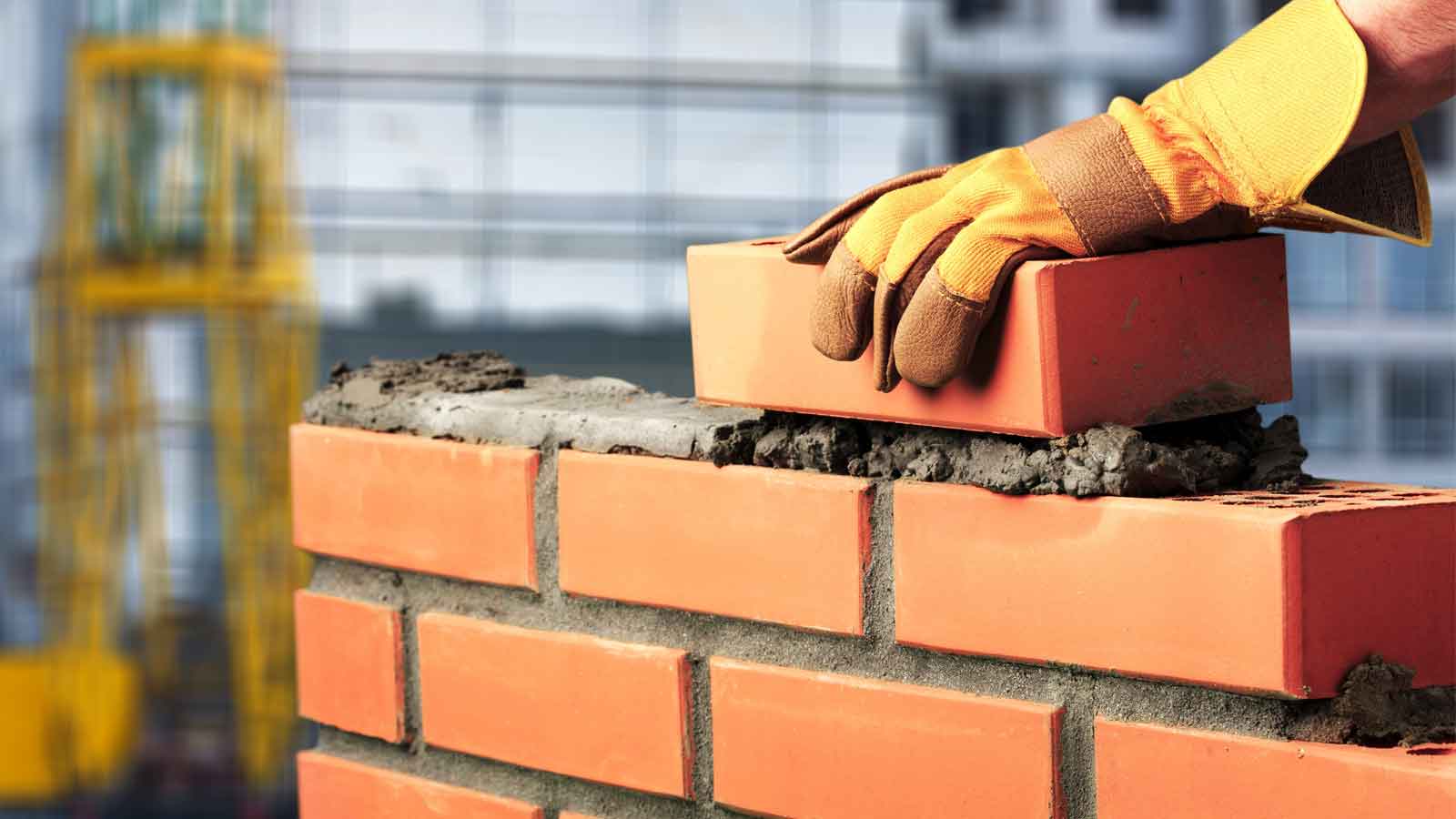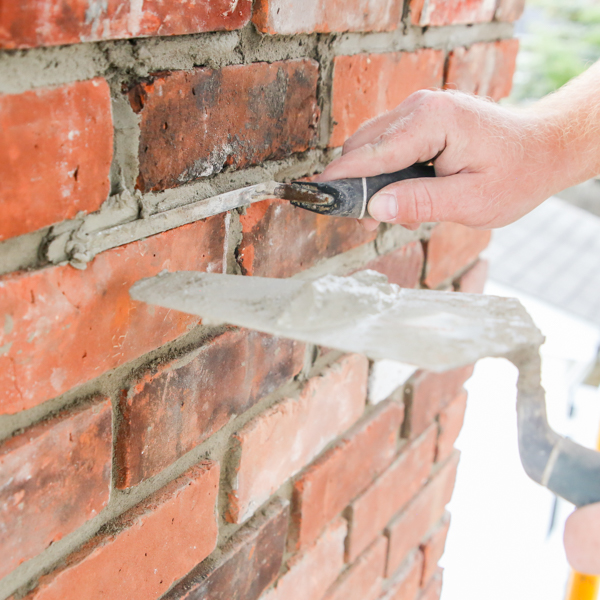Unlocking the Keys of Sustainable Stonework Construction Practices for Eco-Friendly Buildings
In the world of modern construction, the quest of lasting methods has actually come to be critical. Among the myriad techniques to eco-friendly building, sustainable masonry building stands out as a reliable and durable method that holds a wide range of untapped capacity. From the option of products to cutting-edge building strategies, the keys to accomplishing sustainability within masonry construction are complex and appealing. By discovering the benefits, products, methods, and future fads of lasting stonework, a much deeper understanding of just how these practices can shape the future of green buildings emerges.
Advantages of Sustainable Stonework Building
Accepting lasting masonry building techniques not only lowers ecological impact but also provides long-lasting economic advantages to building contractors and communities. By using products like recycled bricks, blocks, and rocks, contractors can considerably decrease the carbon footprint of their tasks while advertising source efficiency. Additionally, lasting masonry building and construction strategies, such as appropriate insulation and thermal mass residential or commercial properties, can enhance power effectiveness within structures, resulting in minimized functional expenses over time.
Moreover, the resilience and strength of stonework structures add to lasting financial advantages. Structures created using lasting stonework techniques typically need less repair and maintenance, converting to set you back savings for building contractors and building owners. The durability of masonry products also ensures that structures remain steady and secure, decreasing the need for frequent renovations or substitutes.
Eco-Friendly Stonework Products
Using eco-friendly masonry materials is an essential step in the direction of improving the sustainability of building and construction techniques and decreasing environmental influence while taking full advantage of lasting economic benefits. Lasting stonework products are sourced, generated, and used in a manner that minimizes overall environmental influence. Products such as recycled bricks, recovered rock, and sustainable cinder block are becoming progressively popular selections for eco-conscious builders. Recycled bricks, as an example, not just divert waste from landfills yet additionally require less power to produce compared to new bricks. Reclaimed stone uses an unique aesthetic allure while decreasing the requirement for brand-new quarrying. Sustainable concrete blocks integrate recycled accumulations and may feature better insulation residential properties, adding to power performance in buildings.
Additionally, all-natural products like adobe, rammed planet, and straw bundles supply exceptional thermal mass residential or commercial properties, lowering the requirement for home heating and cooling power. These materials are often in your area offered, promoting regional economic situations and lowering transportation-related carbon discharges. By picking eco-friendly stonework products, building tasks can significantly decrease their ecological footprint and contribute to the creation of healthier, more sustainable constructed settings.
Energy-Efficient Masonry Strategies
Power efficiency plays a crucial duty in improving the sustainability of stonework building and construction techniques. By applying energy-efficient masonry methods, builders can substantially decrease the overall power consumption of a building, leading to lower operational costs and a smaller ecological footprint. One key energy-efficient masonry method is the use of thermal mass, which involves including dense materials like concrete or block into the structure's structure to soak up and keep heat. This aids manage interior temperatures, decreasing the demand for mechanical heating and cooling systems.

Technologies in Sustainable Stonework
Recent developments in sustainable masonry techniques have caused cutting-edge methods that are reshaping the building industry. One such advancement is the growth of self-healing concrete, which makes use of germs embedded within the concrete to recover cracks autonomously. This development not just reduces maintenance costs but also boosts the toughness of masonry frameworks, adding to their sustainability.
An additional remarkable innovation is making use of recycled aggregates in masonry building - masonry contractor. By incorporating materials such as smashed ceramic waste or recycled glass into concrete mixes, builders can reduce the environmental impact of building tasks while preserving structural integrity. This method not just diverts waste from land fills yet likewise saves natural resources, making it a key innovation in sustainable masonry building
Furthermore, the assimilation of digital layout devices, discover this info here such as Structure Information Modeling (BIM), is changing the method stonework frameworks are planned and created. BIM enables more precise calculations, reduced material wastefulness, and boosted energy effectiveness, ultimately resulting in even more lasting building practices. These technologies collectively indicate an encouraging future for sustainable masonry building in the era of green structures.
Future Trends in Stonework Sustainability
With the innovative strides made in lasting masonry practices, the future patterns in masonry sustainability are poised to more reinvent the construction sector. Among the essential patterns forming the future of stonework sustainability is the enhanced combination of innovation. Innovations such as Building Information Modeling (BIM) and digital reality simulations are being utilized to maximize masonry construction procedures, bring about reduced product waste and enhanced power efficiency in buildings.
Furthermore, the development of unique sustainable materials is readied to play a considerable duty in improving the eco-friendliness of stonework building. masonry contractor. Technologies like self-healing concrete, recycled accumulations, and bio-based binders are obtaining grip for their capability to lessen ecological effect while preserving architectural integrity

Final Thought
In verdict, sustainable masonry building and construction practices provide many advantages for environment-friendly buildings. masonry contractor. Developments in lasting masonry are constantly being developed to additionally improve the environmental efficiency of structures.